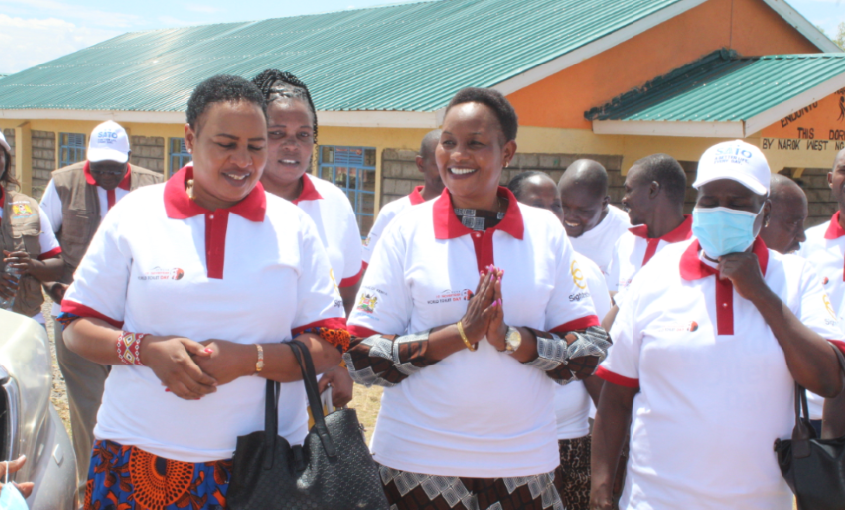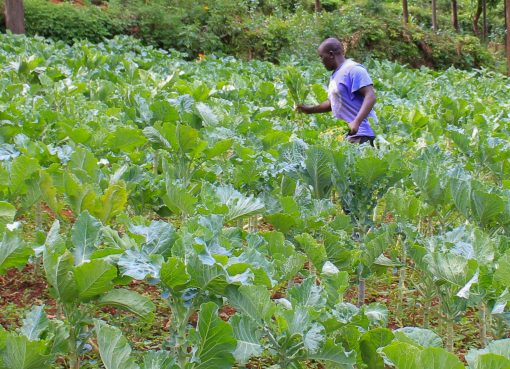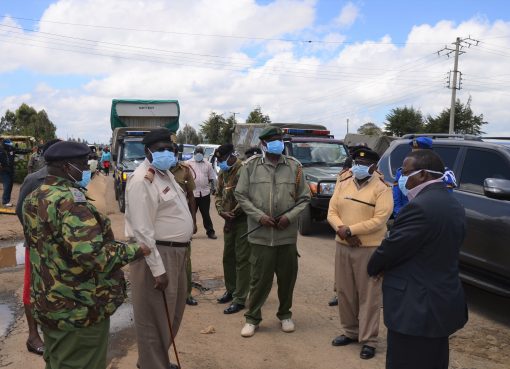Narok Governor’s wife, Agnes Ntutu, has committed to walk from village to village sensitizing the residents on the need to have toilets in their homesteads.
This is after it emerged that the County is ranked number four in the category of counties that residents do not use toilets in the country.
Mrs. Ntutu who spoke at Endoinyo Narasha Primary School, during the celebrations of World Toilet Day, said the County will reduce the burden of treating Water Borne Diseases such as Typhoid, Cholera and Diarrhea among others if the residents used toilets the right way.
“Why do we allow our County to be ranked among the worst counties in the country for not using toilets? This is a challenge to all of us to build toilets in our homes using the locally available materials,” she said.
Mrs. Ntutu also reminded the residents to wash their hands with soap and water after using the toilet, so as to avoid spreading diseases through handshake.
“I remember when Covid-19 was on surge in the country, people used to wash hands thoroughly and diseases decreased. We should continue with the same culture so as to remain healthy,” she said.
Assistant County Commissioner (ACC), Abdi Shakur Ali, who represented the office of the County Commissioner, asked village elders and Nyumba Kumi representatives to champion for the construction of toilets in their respective areas.
He said the Kenya Kwanza Government has plans to start giving the village elders stipends because of the good job they do, but warned that those whose villages lacked toilets will not be included in the list.
“For you to be listed as a village elder to benefit from the government money, you should first ensure that all the families in your jurisdiction have toilets,” said Ali.
The County Chief Officer, Medical Services Ms. Jane Kiok educated the residents the importance of using a toilet and washing hands properly, so as to avoid eating human feces.
The event was sponsored by Non-Governmental Organizations (NGOs) among them AMREF, UNICEF, USAID, Sight Savers, Kenya Water for Health Organization (KWAHO) and the Red Cross Society.
By Ann Salaton





